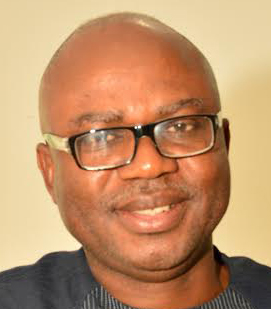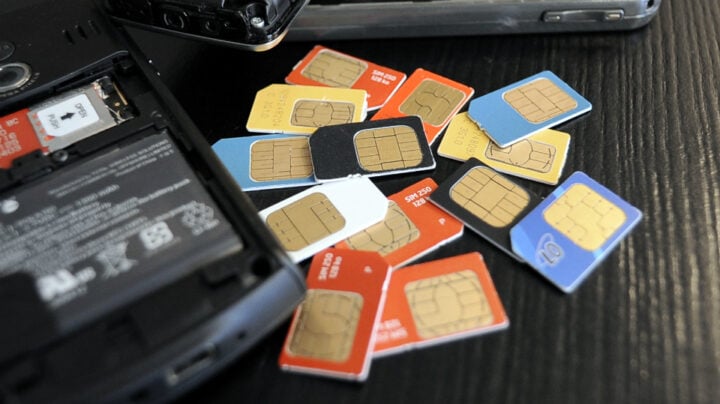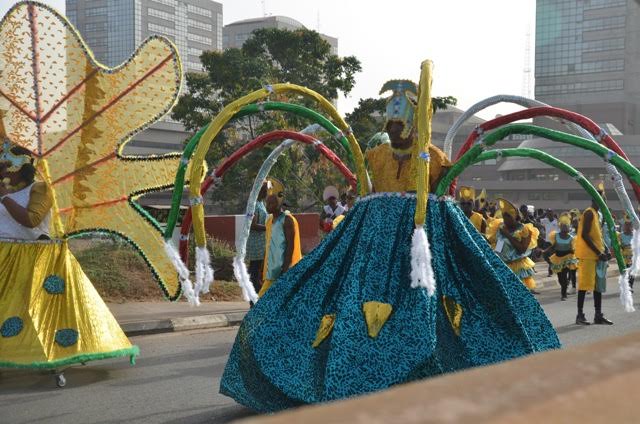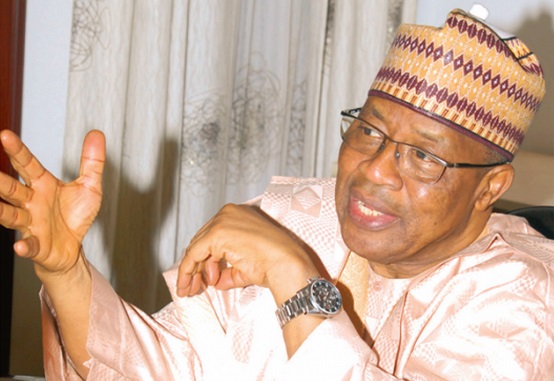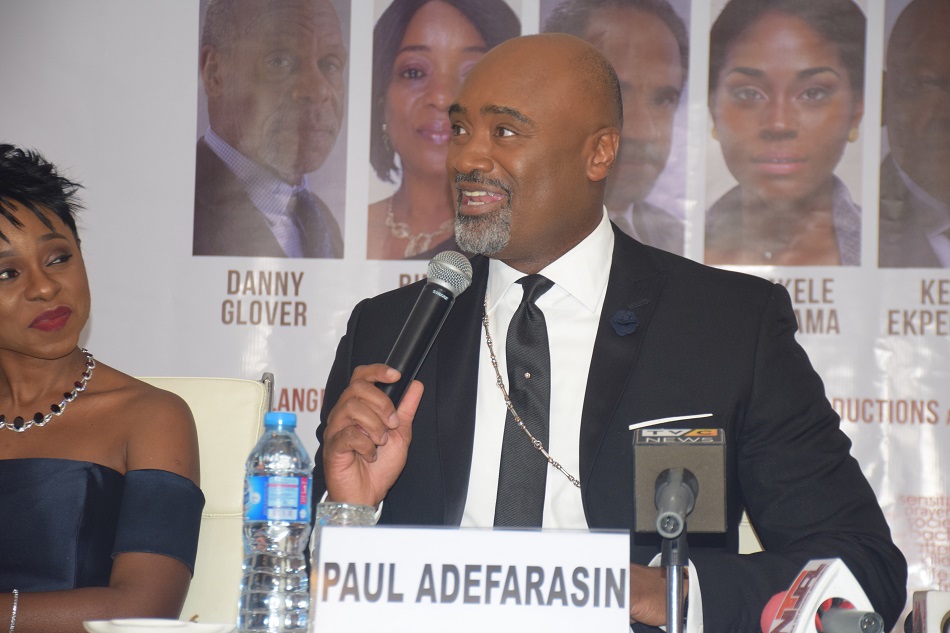Telecommunications companies in Nigeria had, since November 1, received approval from the Nigerian Communications Commission (NCC) to jack up the prices of data by more than 300%. Only in the last week of November was the information, which was expected to take effect December 1, made public.
Of course, nobody except workers in the telecom firms welcomed the move. However, there was no indication that public peace would be threatened if the plan was implemented. So, I wonder why the NCC withdrew its directive just a few hours to the D-Day, saying it wanted to consult stakeholders further. Do stakeholders really matter?
They have merely postponed the evil day. Already, the operators have warned that delay could lead to worsening of telecom services in the country, as if they provided excellent services before. We’re still waiting for broadband internet.
The increase in data tariffs is likely to come into effect early in 2017, but it’s better it does now. The consequences may be more dangerous in January or February next year. Perhaps they were flying a kite, but the current government in Nigeria has been notorious for postponing policies only to permit them at a more difficult time. Consider, for instance, what it did with naira devaluation and removal of fuel “subsidy”.
Advertisement
Five years ago, I was one of those that urged Nigerians to not resist removal of fuel “subsidy”. If fuel prices had gone up then, we would have been better off today. Now, the prices are set to rise again owing to the naira’s depreciating value and failure to build refineries in the country. I hear that fuel “subsidy” is back, even as we pay N145 per litre! Also, by July 2015 it was clear the Central Bank could no longer defend the naira due to plummeting oil prices and foreign reserves. President Buhari postponed the evil day by one year. Yet, if he had allowed devaluation early, likely, a dollar would be exchanging with N300 now instead of N490. Today, we hear and read all the dirty dealings perpetrated under the cover of multiple exchange rates.
My faith in market forces remains unshaken. That’s why I encourage government – Buhari and his henchmen – to tighten the noose on poor Nigerians further today and not wait for tomorrow. We’ve learnt to adjust our lifestyles since fuel prices went up. Fuel stations are no longer crowded. Many have stopped using their personal cars. Businesses have adjusted to dollar scarcity. High food prices have been deadly because “man must wack”. It’s true the poor have been dying in the streets and in their homes. It’s true many have been dying because they can’t afford health care or the prices of medicines. But not everyone will die before the end of this government.
Perhaps there’s a demon that seizes occupants of Aso Villa, after all. Two years ago, the present leaders of Nigeria were unwavering in the belief that fuel subsidy did not exist. They agreed with us that it’s like asking a man who owned a goat to enjoy a subsidy before he could buy a plate of pepper-soup prepared with the goat’s entrails. Only in a country inhabited by bandits could this situation exist, I wrote then.
Advertisement
Today, the game has changed. Fuel prices are up in the sky. Food items are no longer affordable – some have risen by 600%. More taxes have been conjured to hurt the poor. (So far, the rich are safe; never mind the phantom anti-graft “war”.) Power tariffs are high, even as power supply nationwide is poor. FIRS chairman Babatunde Fowler has announced that seekers of international passport will be required to show their tax clearance certificate. The Federal Road Safety Commission has directed over 10 million motorists to put “speed limiter” to their vehicles or risk having them impounded. CBN governor Godwin Emefiele has proposed a tax on every phone call that lasts three minutes or longer. Then, the NCC has waded in to support telecom operators against the internet users. Tollgates are coming. If ever there was heyday for oppressors, this is it.
I believe in the laws of demand and supply. Every evil policy contains the seed for its own destruction. Let data tariffs be quadrupled today. That will not even hurt the poor deeply. I can predict what will follow: All businesses that depend on the internet (such as mine) may decline. Online shops may collapse, leading to more retrenchment of workers. People will make fewer calls. Someone had told me he would no longer put data on his smartphone and would resume buying newspapers. Already overstretched, many poor Nigerians will likely reduce the rate of their visits to the internet, and the telecom operators will not reap the profits they are expecting.
I agree with those who say that the new data policy is meant to achieve what the social media bill killed some months ago couldn’t: stop those abusing or exposing government online. But the harshest critics of government live overseas, especially in Europe and America. Indeed, social media could be used to bring down a government, but only if the government is evil.
What could constitute a threat to the government of the day is famine, not high data prices. I guess the day of reckoning is already at hand. When more of the oppressed ordinary people face death by starvation, there could be chaos difficult to quell. There wouldn’t be a country, if things fell apart in that way.
Advertisement
Views expressed by contributors are strictly personal and not of TheCable.
